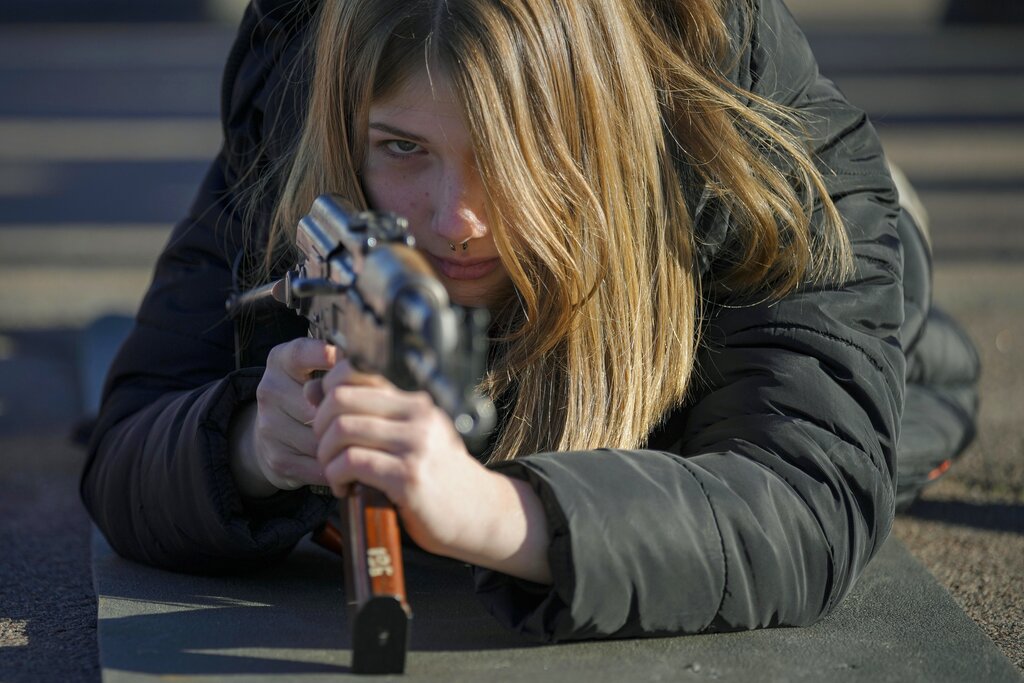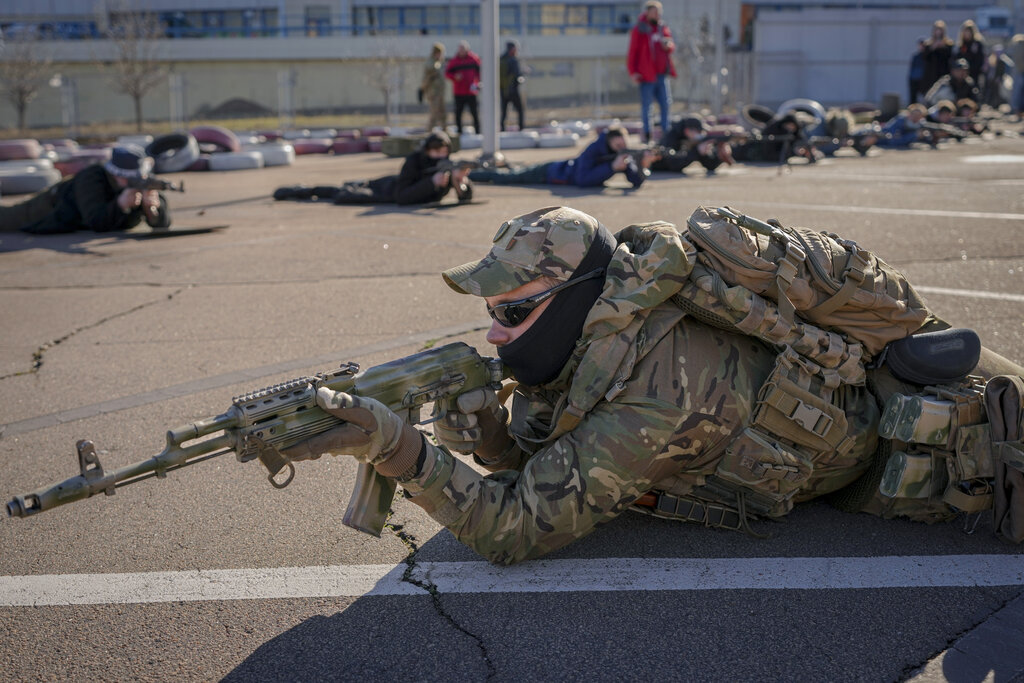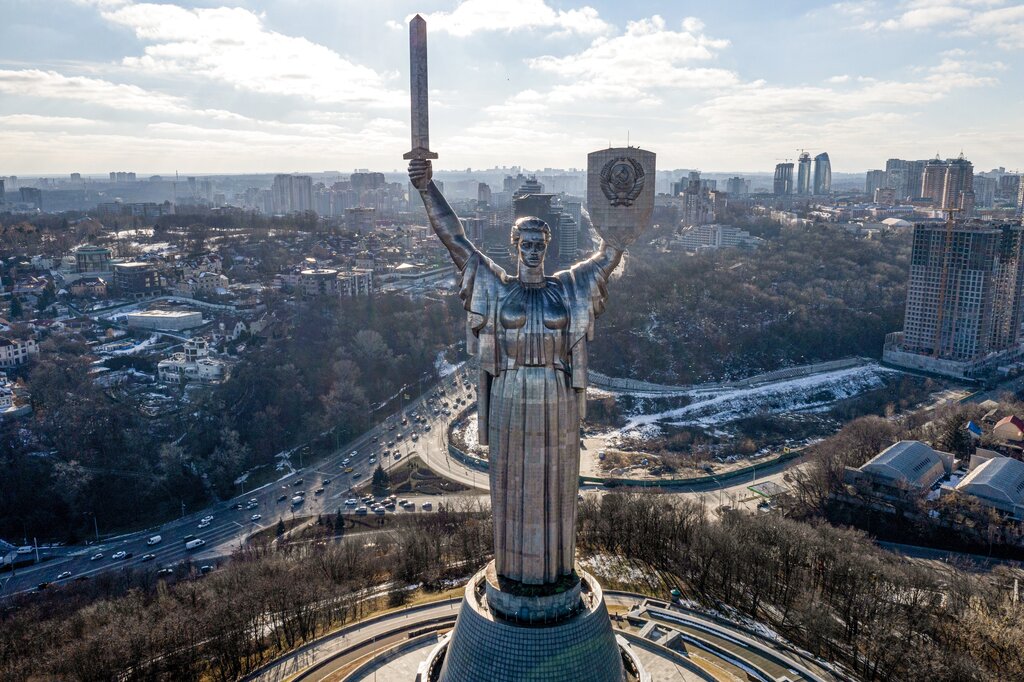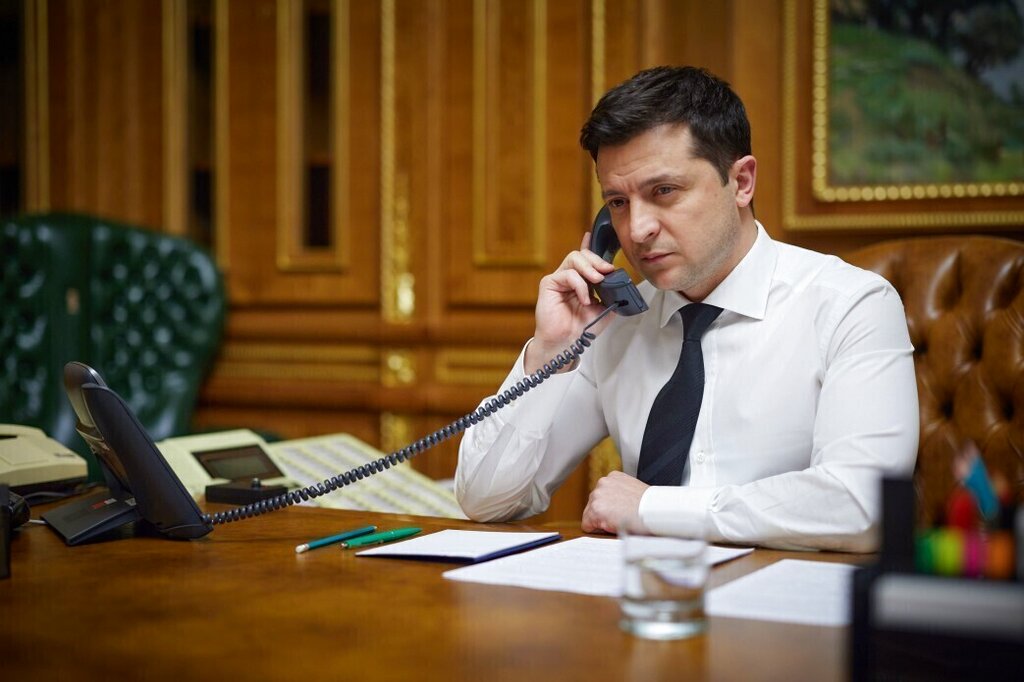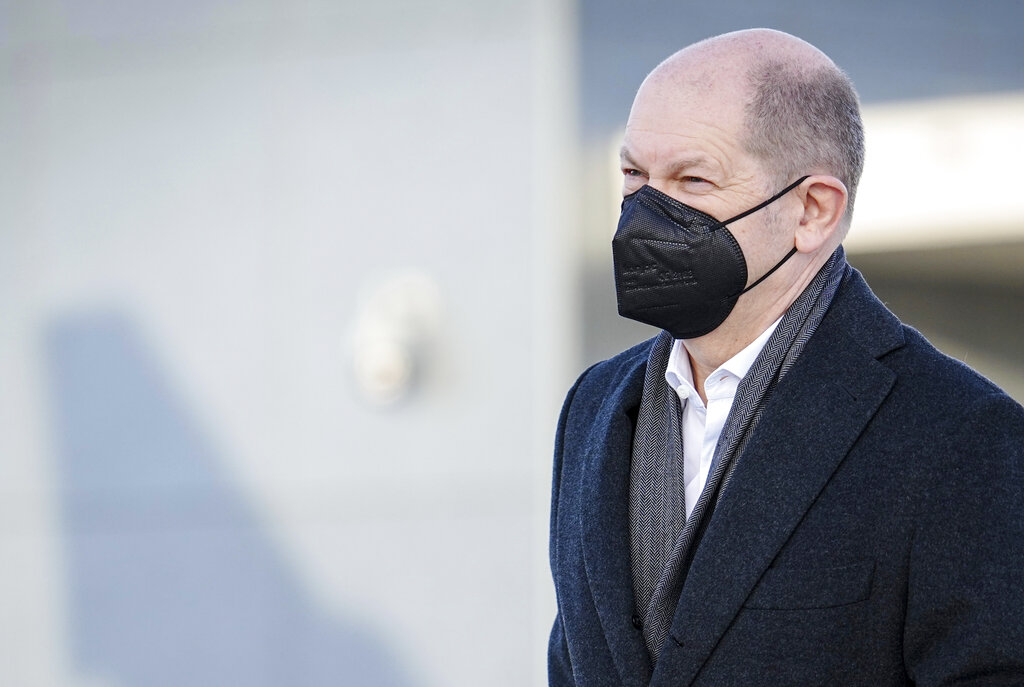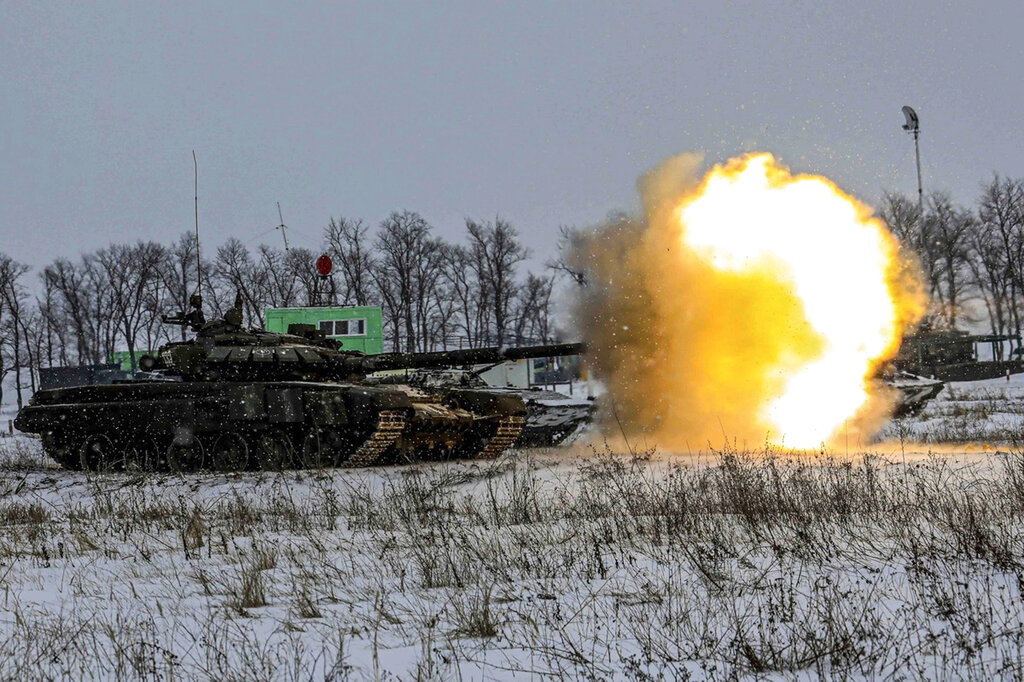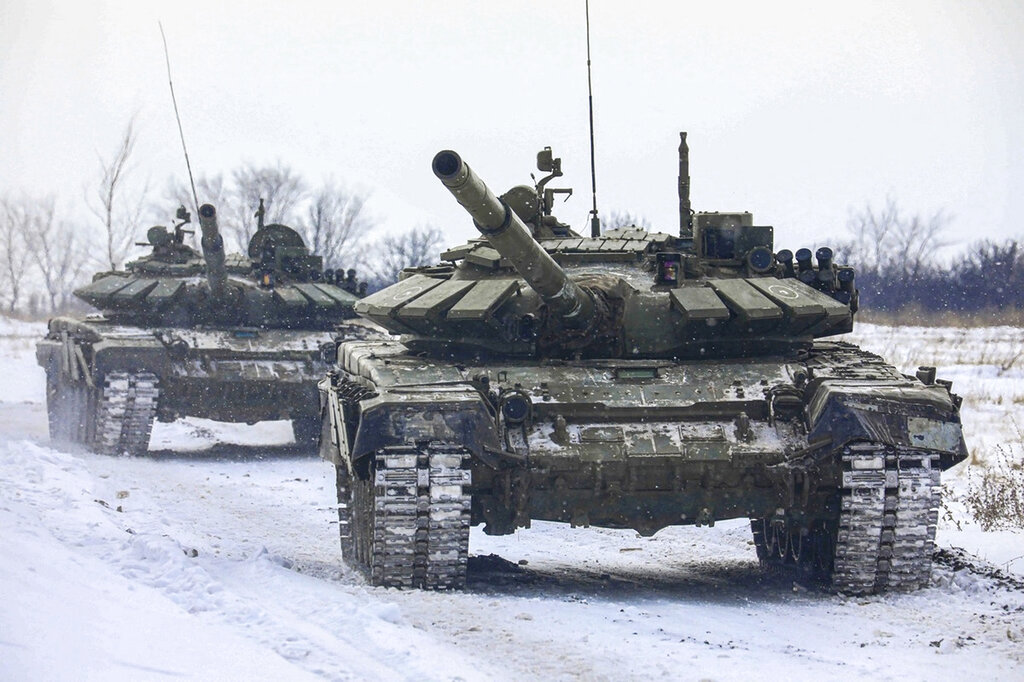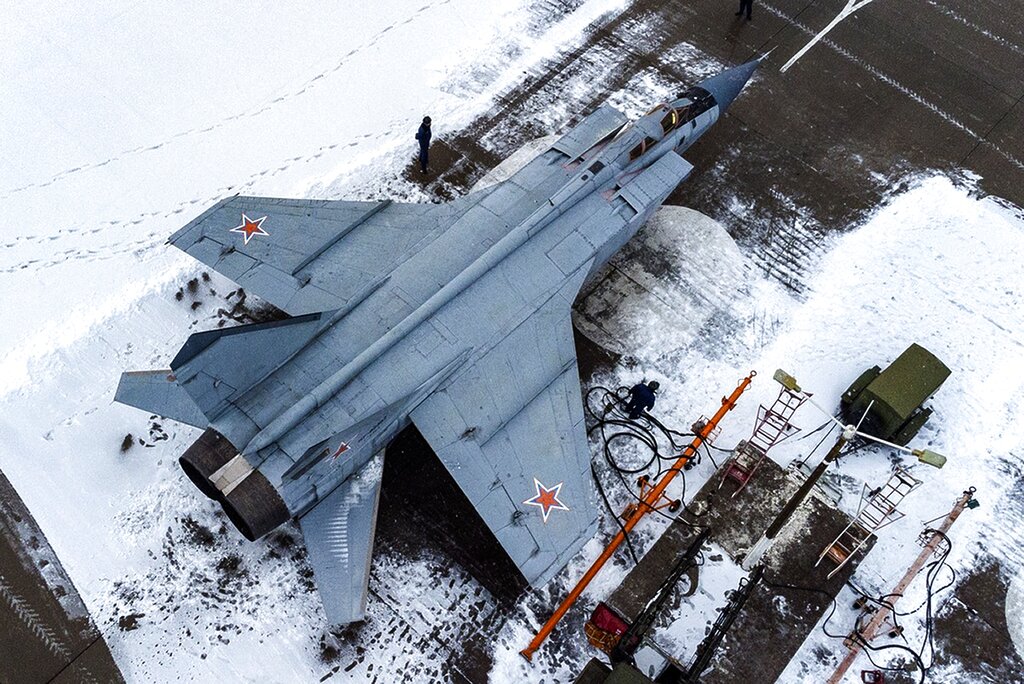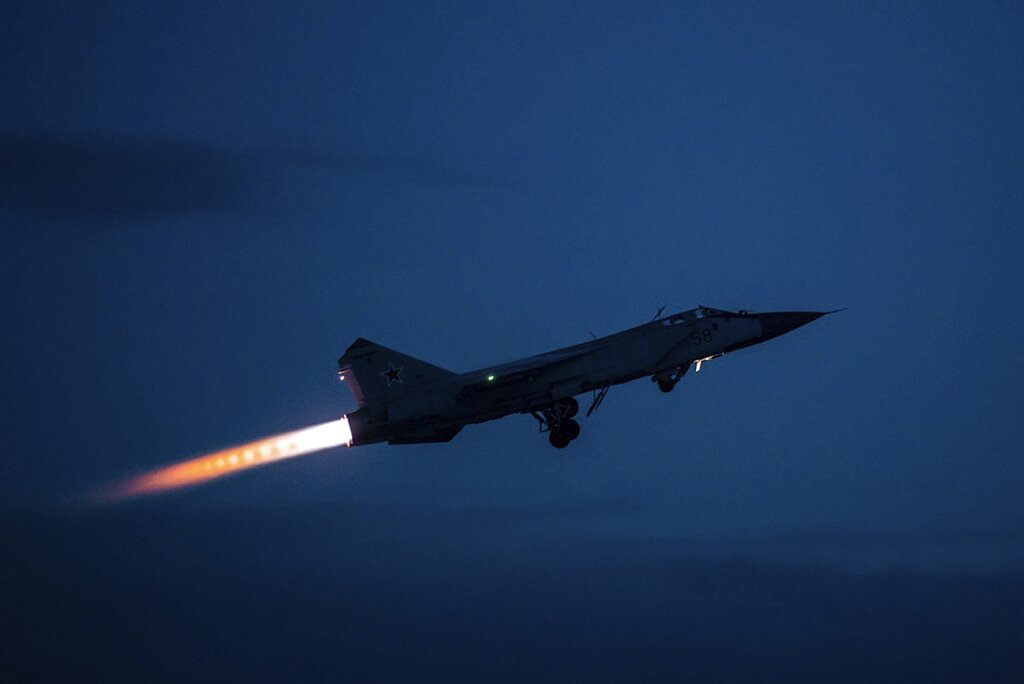MOSCOW (NewsNation Now) — Diplomatic efforts to head off what U.S. officials have warned could be an imminent Russian attack on Ukraine entered a new round on Monday with the Senate working on what they are calling “the mother of all sanctions” bill.
The bill comes as more than an estimated 130,000 Russian troops have gathered near Ukraine’s borders following weeks of tension and scrutiny over a possible invasion, a U.S. official said over the weekend.
Democratic Sen. Bob Menendez coined the term “mother of all sanctions” last year, to describe the proposed sanctions that would impact Russian banks, debt and the economy.
“These are sanctions beyond any that we have ever levied before,” Menendez told CNN last year.
Both top Republicans and top Democrats on the Foreign Relations Committee are working on the bill, which was expected two or three weeks ago but stalled over debate, according to NewsNation’s Joe Khalil. The sticking point for senators has remained the same throughout the debate: Does the U.S. hit Russia with sanctions now to deter them from invading or do they wait until Russia acts and use it as a punitive measure?
However, many senators including Republican Sen. Lindsay Graham, believe now is the time to act.
“The best thing that could happen is for us to pass a sanctions package pre-invasion with a waiver, post-invasion sanctions, that would destroy the ruble and cripple the Russian economy,” Graham said on ABC’s “This Week.” “So Putin could see it in writing that might help him decide not to invade.”
This comes as Senate leaders from both parties will get another classified briefing with national security adviser Jake Sullivan Monday afternoon, Khalil reported.
The U.S. and its NATO allies have repeatedly warned that Russia will pay a high price for any invasion — but they have sometimes struggled to present a united front. Russia has repeatedly brushed off Ukrainian and Western concerns about the military buildup, saying it has the right to deploy forces wherever needed on its territory.
Retired Lt. Gen. Richard Newton said historical precedents and ramifications show that the U.S. will stand behind NATO and Ukraine, but the stakes are high.
“We’re trying to deter his [Putin’s] aggression. We’re trying to dissuade him from acting, and then thirdly, should that fail, we will provide arms and we’ll provide a modicum of elements that we have in Europe to defeat any type of aggression that he would spill over certainly outside of Ukraine,” Newton said on “Morning in America.” “It’s got everybody very, very nervous. It’s a crisis. It’s a critical time in both not only what’s happening in Europe, but also in terms of U.S. global leadership.”
President Joe Biden spoke with Russian President Vladimir Putin and Ukrainian President Volodymyr Zelenskyy separately this week.
Biden told Putin invading Ukraine would cause “widespread human suffering” and that the West was committed to diplomacy to end the crisis but “equally prepared for other scenarios,” the White House said Saturday.
Biden also said the United States and its allies would respond “decisively and impose swift and severe costs” if the Kremlin attacked its neighbor, according to the White House.
Newton said the situation was fluid and Putin was unpredictable.
“It’s a very cat and mouse situation, but diplomatically, but militarily, he’s in a very strong position right now,” Newton told NewsNation’s Adrienne Bankert. “That’s it’s very dicey.”
The two presidents spoke a day after the White House warned that U.S. intelligence shows a Russian invasion could begin within days and before the Winter Olympics in Beijing end on Feb. 20.
The Russians have deployed missile, air, naval and special operations forces, as well as supplies to sustain an invasion. Last week, Russia moved six amphibious assault ships into the Black Sea, augmenting its capability to land on the coast.
“I’ve never seen such a crisis on the European continent, really, since the middle of the Cold War era back in the ’60s,” Newton said on “Morning in America.”
This story is developing. Refresh for updates.
The Associated Press contributed to this report.

